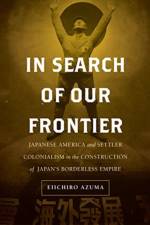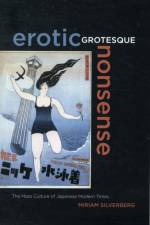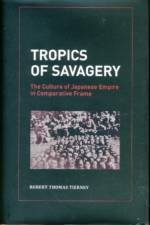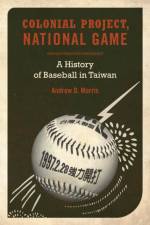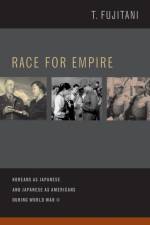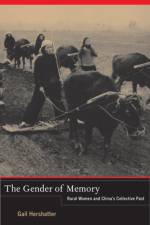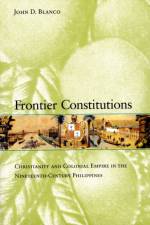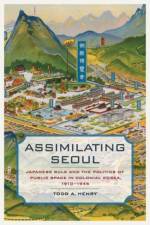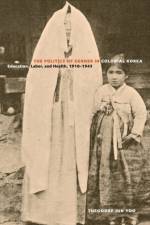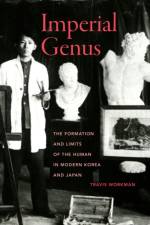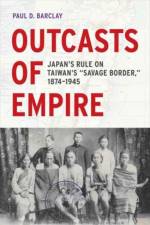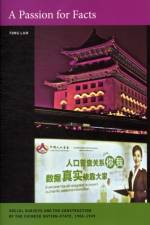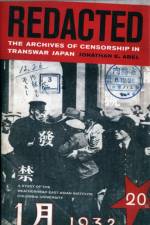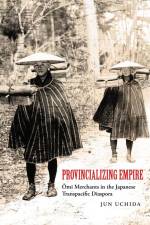- Making Leather, Making a Multicultural Japan
av Joseph D. Hankins
351 - 1 391
Since the 1980s, arguments for a multicultural Japan have gained considerable currency against an entrenched myth of national homogeneity. Working Skin enters this conversation with an ethnography of Japan's "e;Buraku"e; people. Touted as Japan's largest minority, the Buraku are stigmatized because of associations with labor considered unclean, such as leather and meat production. That labor, however, is vanishing from Japan: Liberalized markets have sent these jobs overseas, and changes in family and residential record-keeping have made it harder to track connections to these industries. Multiculturalism, as a project of managing difference, comes into ascendancy and relief just as the labor it struggles to represent is disappearing.Working Skin develops this argument by exploring the interconnected work of tanners in Japan, Buraku rights activists and their South Asian allies, as well as cattle ranchers in West Texas, United Nations officials, and international NGO advocates. Moving deftly across these engagements, Joseph Hankins analyzes the global political and economic demands of the labor of multiculturalism. Written in accessible prose, this book speaks to larger theoretical debates in critical anthropology, Asian and cultural studies, and examinations of liberalism and empire, and it will appeal to audiences interested in social movements, stigmatization, and the overlapping circulation of language, politics, and capital.

